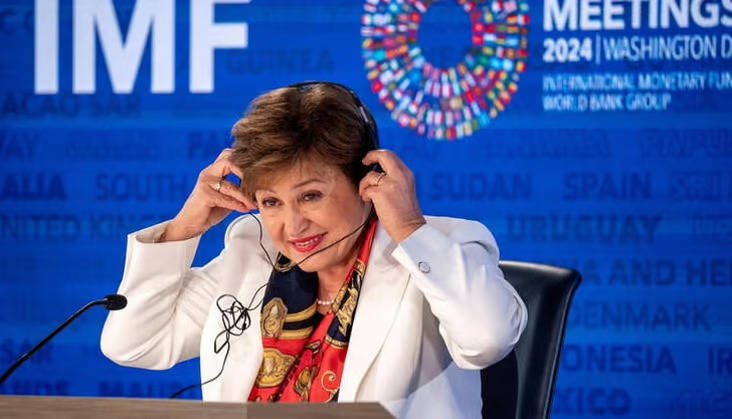The International Monetary Fund (IMF) Executive Board has approved a $8 billion reform and financing package for the Poverty Reduction and Growth Trust (PRGT) to boost support for low-income countries facing economic challenges.
Strengthening Support for Low-Income Countries
The package, set over five years, aims to provide concessional financing, helping countries manage global economic shocks. IMF Managing Director Kristalina Georgieva emphasized that this reform will tailor IMF support to meet specific needs, acknowledging the growing economic diversity among low-income nations.
Doubling Lending Capacity
The reform increases the PRGT’s annual lending capacity to $3.6 billion—more than double the pre-pandemic level. It also opens the door for public and private sectors to contribute further. This comes at a critical time, as low-income nations continue to face substantial financing needs due to economic disruptions.
Interest-Free Loans for the Poorest Nations
A new interest rate mechanism ensures that the poorest countries will continue to receive interest-free loans, while other low-income nations will benefit from favorable terms. The IMF’s access policies have been designed to offer flexibility, ensuring that the assistance is tailored to each country’s unique circumstances.
A Global Commitment to Economic Resilience
Georgieva praised the global commitment to supporting low-income nations, stating, “Our global membership has demonstrated its shared commitment to support our low-income members in challenging economic times.” The reform also strengthens safeguards to ensure concessional resources are effectively directed to countries most in need.
Supporting Economic Stability in 68 Low-Income Nations
The World Bank classifies low-income economies as those with a GNI per capita of $1,145 or less. As of 2024, the IMF recognizes 68 low-income countries, including Afghanistan, Ghana, Ethiopia, and Haiti. This initiative aims to build economic resilience in these vulnerable nations, helping them implement sound policies and build stronger institutions amidst challenging global conditions.
Source: AbujaCityjournal


















